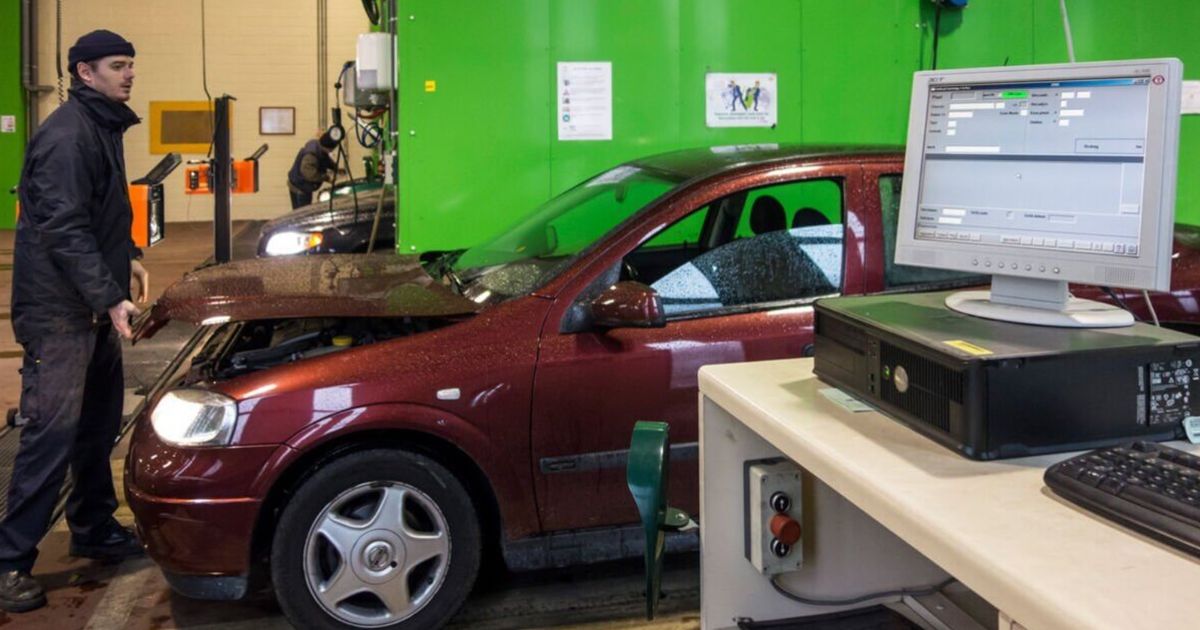Road users could be affected by new MOT testing rules being implemented in the European Union – with only certain cars impacted by the change. UK could follow Europe MOT change with millions of drivers warned
UK could follow Europe MOT change with millions of drivers warned
The UK could follow the European Union’s MOT rule changes – with millions of drivers warned. Road users could be affected by new MOT testing rules being implemented in the European Union – with only certain cars impacted by the change.
The Department for Transport (DfT) has failed to rule out introducing new safety rules being considered by the European Commission. The European Commission is looking at introducing a more thorough inspections of electric vehicles through their annual ‘periodic technical inspection’ (PTI) tests.
Advanced driver assistance systems, such as cruise control, emergency braking and lane assist tech, are also set for more intense scrutiny under the proposals.
READ MORE Exact date UK mini-heatwave hits next week with 6 counties in England roasted
The European Commission said: “Current testing methods have not been adapted to advances and roll-out of new technologies, such as advanced driver assistance features, and electric vehicles.”
The EC said: “Adapting the PTI to electric vehicles and including new test elements for electronic safety systems through wider use of the electronic vehicle interface (including testing the software integrity of safety and emission-related systems).”
The Labour Party government “continually reviews the MOT system to ensure road safety and environmental standards are maintained,” a spokesperson said. They added: “Any proposals for the European Union will be reviewed”.
Apostolos Tzitzikostas, commissioner for sustainable transport and tourism, said: “By modernising our roadworthiness rules we are harnessing the latest technology, strengthening enforcement, and ensuring they keep pace with the evolving realities of mobility.”
At the beginning of this year, the Government confirmed that there would be no changes to the current frequency of the MOT testing regime.
This decision follows the consultation launched in January of the previous year, which aimed to evaluate how roadworthiness checks could effectively balance several factors, including the cost to motorists, road safety, advancements in vehicle technology, and efforts to reduce vehicle emissions.
Among the proposals discussed during the consultation were adjustments to the timing of vehicle safety tests and enhancements to the monitoring of emissions. One specific suggestion was to extend the period before a vehicle’s first MOT from three years to four, with the Government asserting that this change would lead to cost savings for drivers.
